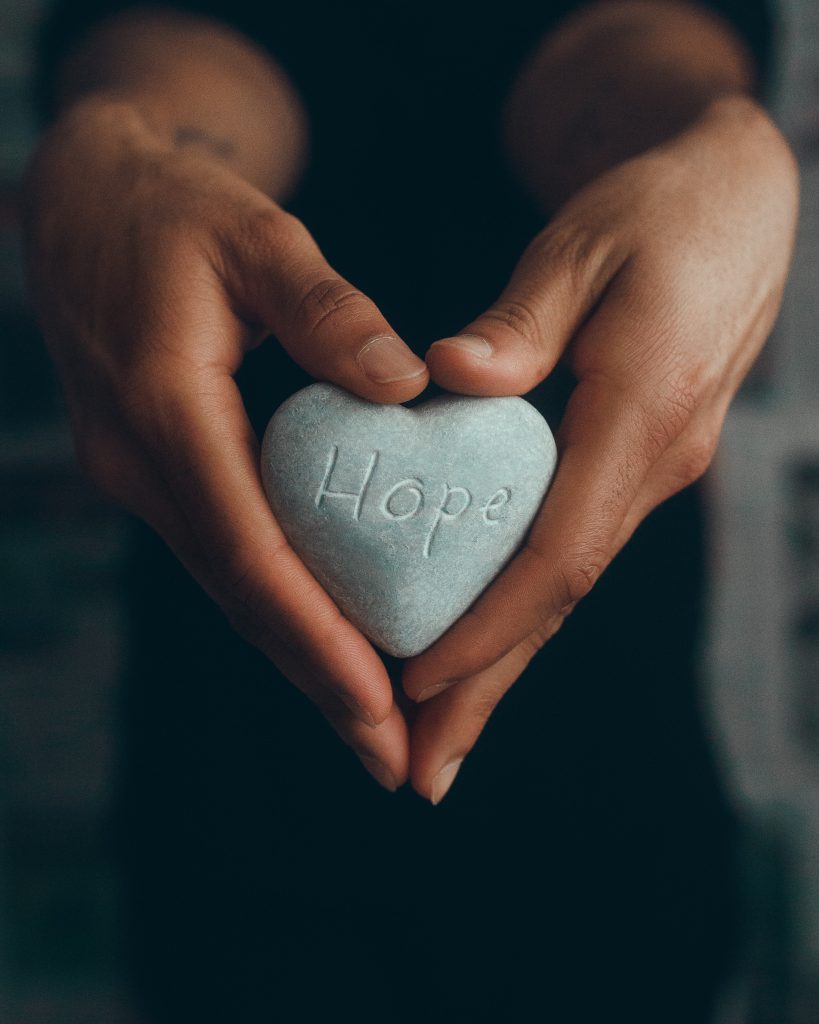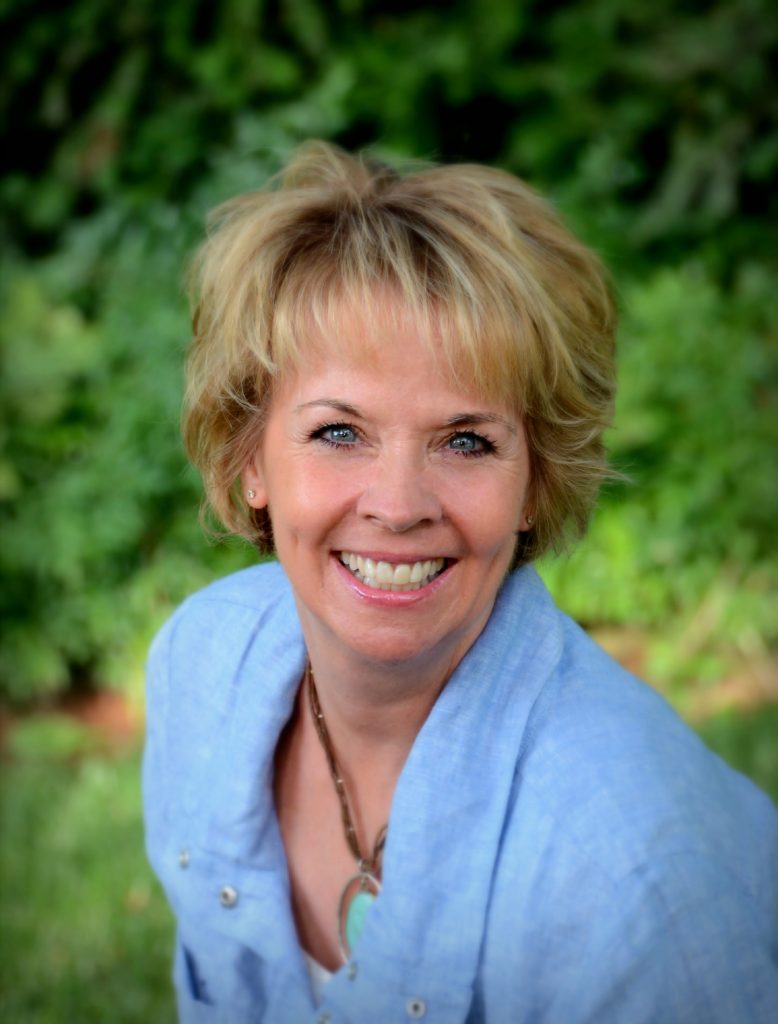Suicide Awareness month

September is suicide awareness month. In Oklahoma, suicide is the ninth cause of death. Each year, one in five adults in the United States experience mental illness. Although mental health treatment is effective and can be lifesaving, not everyone knows how to handle a mental health crisis. We can now breathe a sigh of relief that emergency care for mental health and substance abuse is just three digits away. As of July 2022, you may call 988 for a mental health crisis anywhere in the United States. We now have two national emergency numbers: 911 and 988. By differentiating emergencies that are mental health related, we are finally recognizing the need for a mental health crisis to receive a mental health response.
The new 988 reflects years of advocacy and behind the scenes planning to achieve a mental health response to all mental health emergencies.
When to call 988
You may call 988 for ANY emotional crisis. Unlike the original suicide hotline, 988 expands the service to encompass a wider range of mental health related issues. Call 988 if you are experiencing intense anxiety, depression, or are struggling with substance abuse. Educate yourself to be familiar with signs of mental illness that may be less obvious. Make a call to 988 when a loved one:
- expresses thoughts of suicide or violence or is acting in a manner that you perceive as a threat to themself or others.
- appears to be hallucinating.
- communicates unconfirmed persistent and paranoid thoughts of being followed or tracked.
- demonstrates disoriented or confused thinking that cannot be redirected or soothed.
- experiences a sudden decreased capacity for basic self care.
Calling or texting 988 puts you in direct contact with a trained crisis call counselor.
What to expect when calling 988
Trained crisis counselors will answer all calls. For most callers, the conversation is the only intervention that is needed to de-escalate the emergency. If the caller is receptive, the crisis counselor will offer local follow up treatment resources. For calls that require an in-person evaluation, a mobile team will be dispatched to evaluate a person on site. According to the Oklahoma Department of Mental Health and Substance Abuse services 988 has already logged over 5,000 calls since opening in July. Five hundred mobile teams have responded to further assess and stabilize callers. The trained 988 crisis counselors have the capacity to contact emergency 911 services if there is also a medical emergency. If you suspect a loved one has overdosed or made a suicide attempt please call 911 for emergency medical care.
The 988 universal number is a giant step in the right direction to provide an immediate mental health response to mental health emergencies.
how you can help 988
The infrastructure to support the mental health needs of our communities is a work in progress. The vision for a comprehensive plan to address a mental health emergency is:
- “Someone to talk to,” through the 24 hour crisis call number.
- “Someone to respond,” with dispatched mobile crisis teams to all regions.
- “Somewhere to go,” local mental health facilities that can offer safe observation and longer term care for stabilization.
There are several ways that you can plug in to build this network of hope in your community:
- Tell everyone about the new 988 number. You never know who will need this information.
- Become an advocate to build or improve the 988 infrastructure in your community. The National Association for Mental Illness (NAMI) has many suggestions to help you take action through donation, voter awareness, and letter writing to state leaders and representatives.
additional mental health call numbers
- 911 If you suspect a loved one has overdosed or made a suicide attempt for emergency medical care
- 211 (Warmline) for emotional support to address loneliness and to access information about community resources for housing, food banks, etc. Responders are peer support volunteers or paid employees who have experienced a mental health condition themselves.
- 1-800-950-NAMI is a nationwide peer-support service (9:00 am to 9:00 pm Central time, Monday-Friday. Trained volunteers will provide information, resource referrals and support to people living with a mental health condition, their family members and caregivers, mental health providers and the public.
As a clinician, I am relieved to offer this information to all families living with mental illness. Although 911 services have addressed all emergencies for many years, the need for specifically trained mental health responders is urgently needed. I am hopeful that the new number will empower families to make the call to receive support during difficult times.
Thank you for helping to spread the word about this vital resource. We are making progress in breaking the silence and fighting stigma. One day at a time.
Health & Happiness,
Dr. Lisa Marotta

